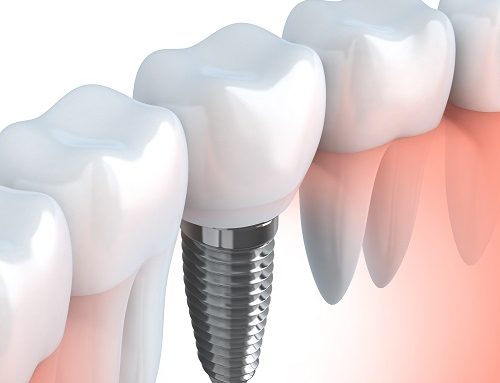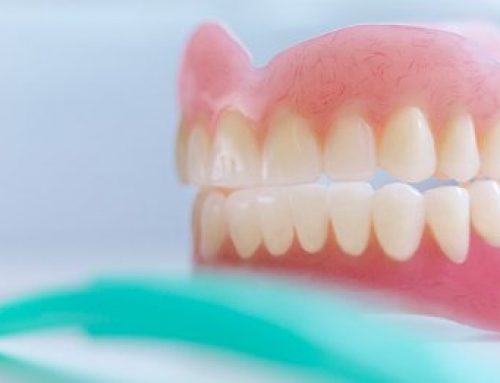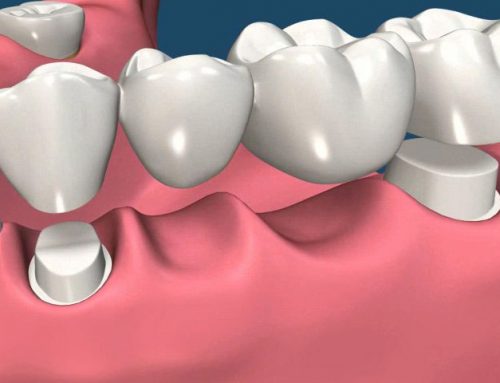 Smoking is, in addition to the burden on all organs and systems of the human body, also implicated in the poor prognosis of success of implants in the oral cavity. This habit should be avoided during the period of their placement surgery because it can cause healing delay of the wound and can lead to their failure and rejection.
Smoking is, in addition to the burden on all organs and systems of the human body, also implicated in the poor prognosis of success of implants in the oral cavity. This habit should be avoided during the period of their placement surgery because it can cause healing delay of the wound and can lead to their failure and rejection.
But apart from the intraoperative period in which the body is trying to recover from a surgical stress, smoking is also implicated in the long-term preservation of implants and leads even after decades of smooth functioning to failure. There are many times where in patients implants have been placed for many years but because they were heavy smokers, and when we say heavy smokers we mean people who smoke 40 or more cigarettes a day, went to the dental office and it turned out that their osteointegration had failed, the implants showed mobility, there was inflammation of the implantation tissues, and they were removed.
Essentially, these implants have appeared perimplantitis, such as natural teeth exhibiting periodontitis, for which diseases smoking is an aggravating factor. Certainly in these cases harmful habits such as smoking are combined with other aggravating factors such as poor oral hygiene, bruxism, poor nutrition and in combination these implants are led to failure. The result of such a situation is devastating if we think that losing one or more implants is basic and prosthetic restoration built on them has failed. Repairing the superstructure in these cases is very difficult or impossible. It would be good for patients with implants or candidates for them to try to control or even stop this harmful habit knowing that, among other things, they will condemn their success.





